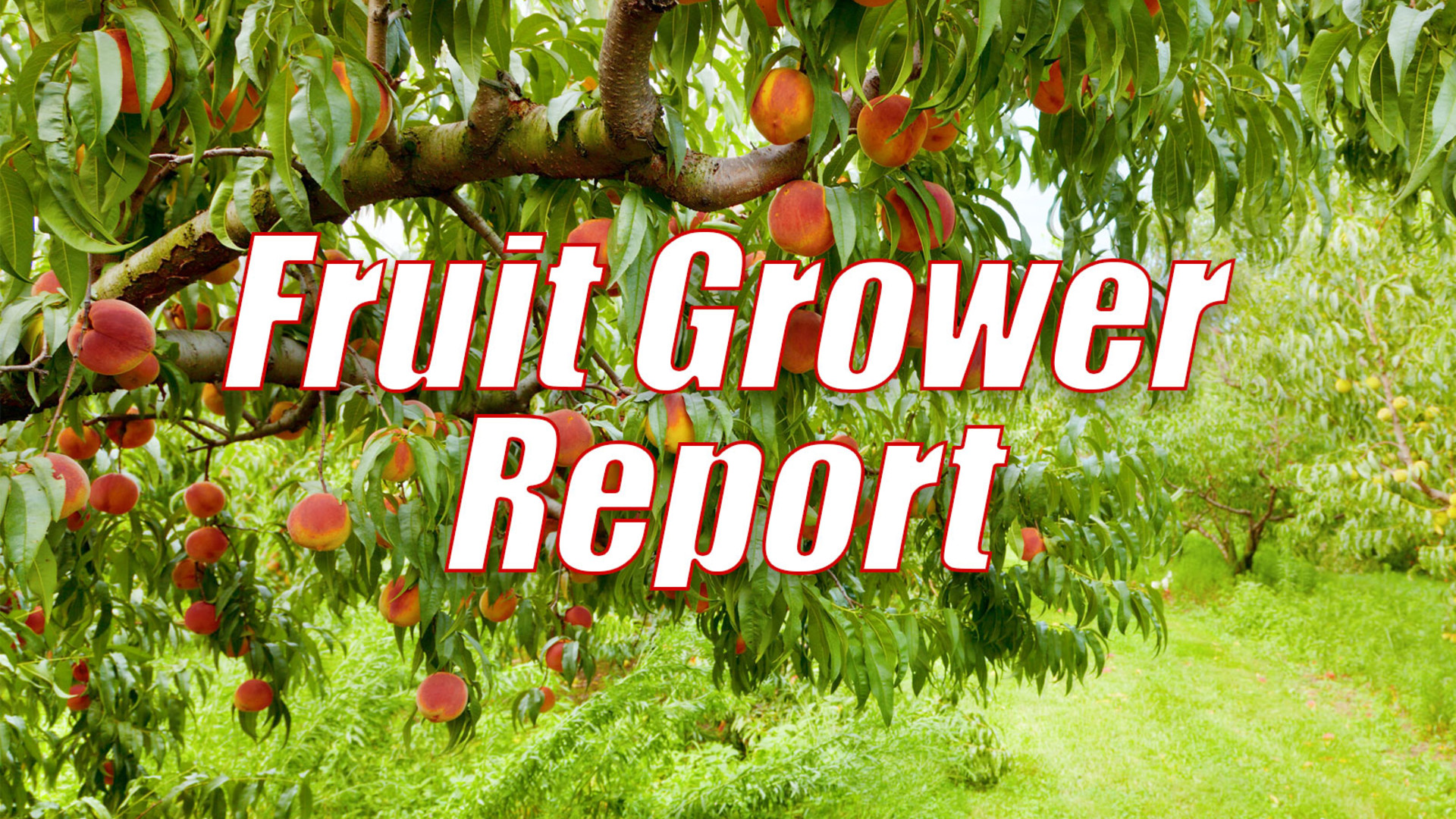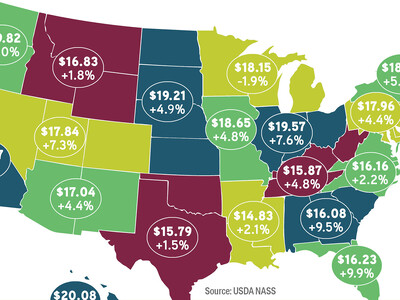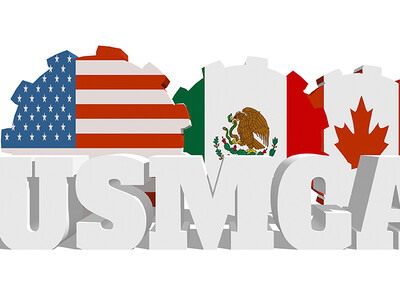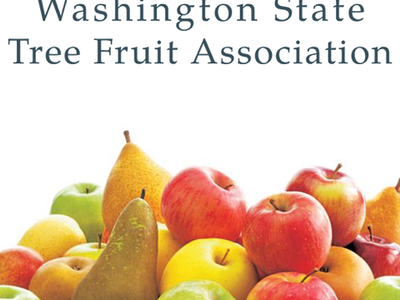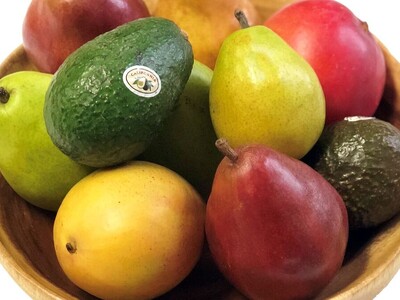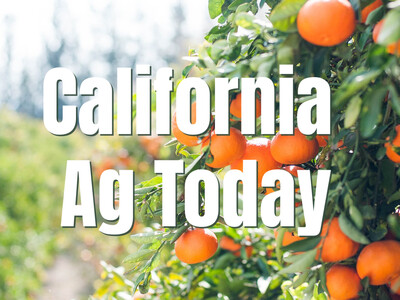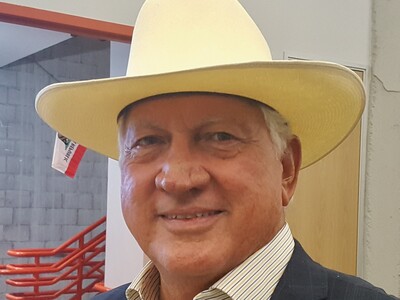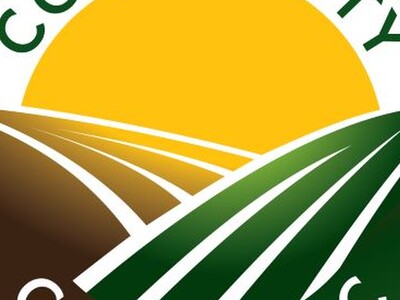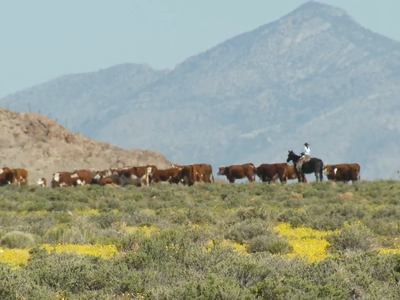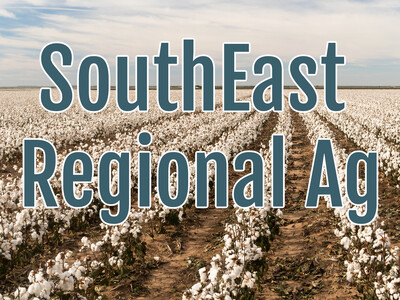Will Natives Replace the Nectar Hogs
I'm Susan Allen welcome to the Fruit Grower Report. Moving bees out of orchards soon after pollination is typically done to protect the bees from pesticides but what if it protects the trees from the bees? Renowned bee blogger and broker Joe Traynor speculates that domestic honey bees are "nectar hogs that can deplete a tree's resources as they continue to collect nectar well after pollination is over actually taking energy that the tree needs for fruit production. He cited studies conducted in 1977 by U.S. Department of Agriculture researcher Phillip Torchio who evaluated a wild bee species as a pollinator for almonds and found that trees caged with the wild bees out-yielded open pollinated trees. While there is yet to be conclusive evidence of this there are entomologists looking at ways to incorporate native bees into the process. That does have it drawbacks and one according to Entomolgist Dr. David Bittinger for Penn State Tree Fruit and Extension is they just don't fly as far.Bittinger: Scale of the orchards is very important in pollination from native bees. Larger plots since these bees only fly a maximum of 300 yards will have difficulties in a hundred acres from the bees coming in from the edges to actually pollinate the whole field while smaller blocks of ten acres surrounded by suitable habitat that has edible pollination maybe won't have any need for honey bees.
Moral, Don't be a nectar hog you might be replaced by the natives.


